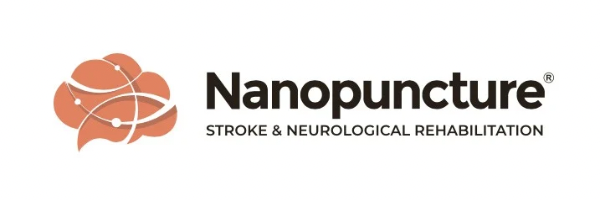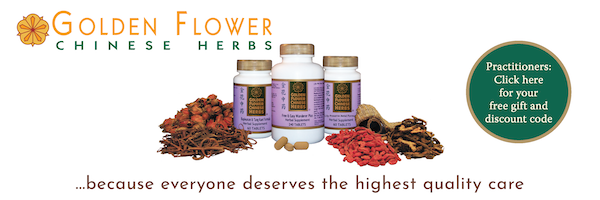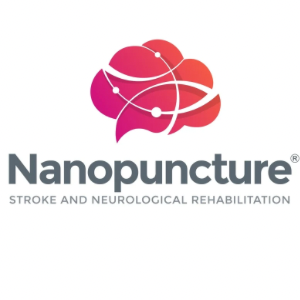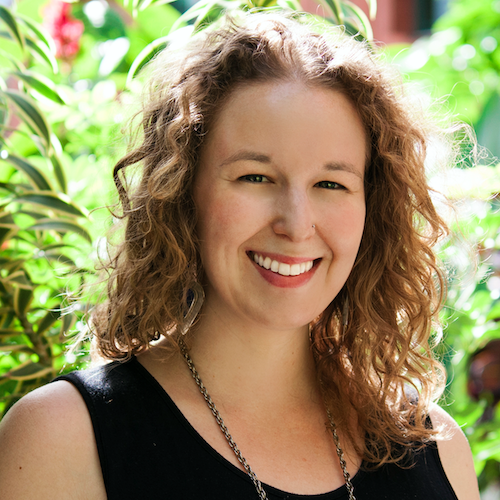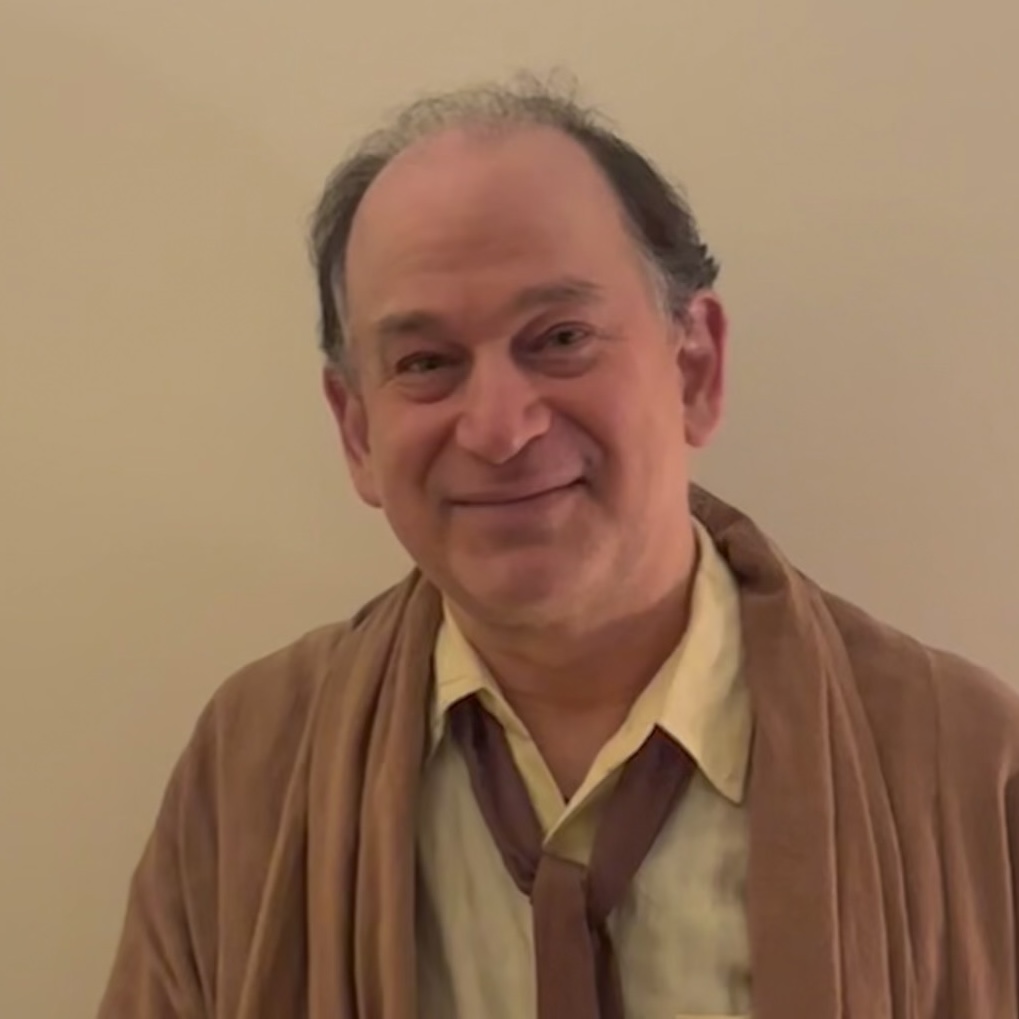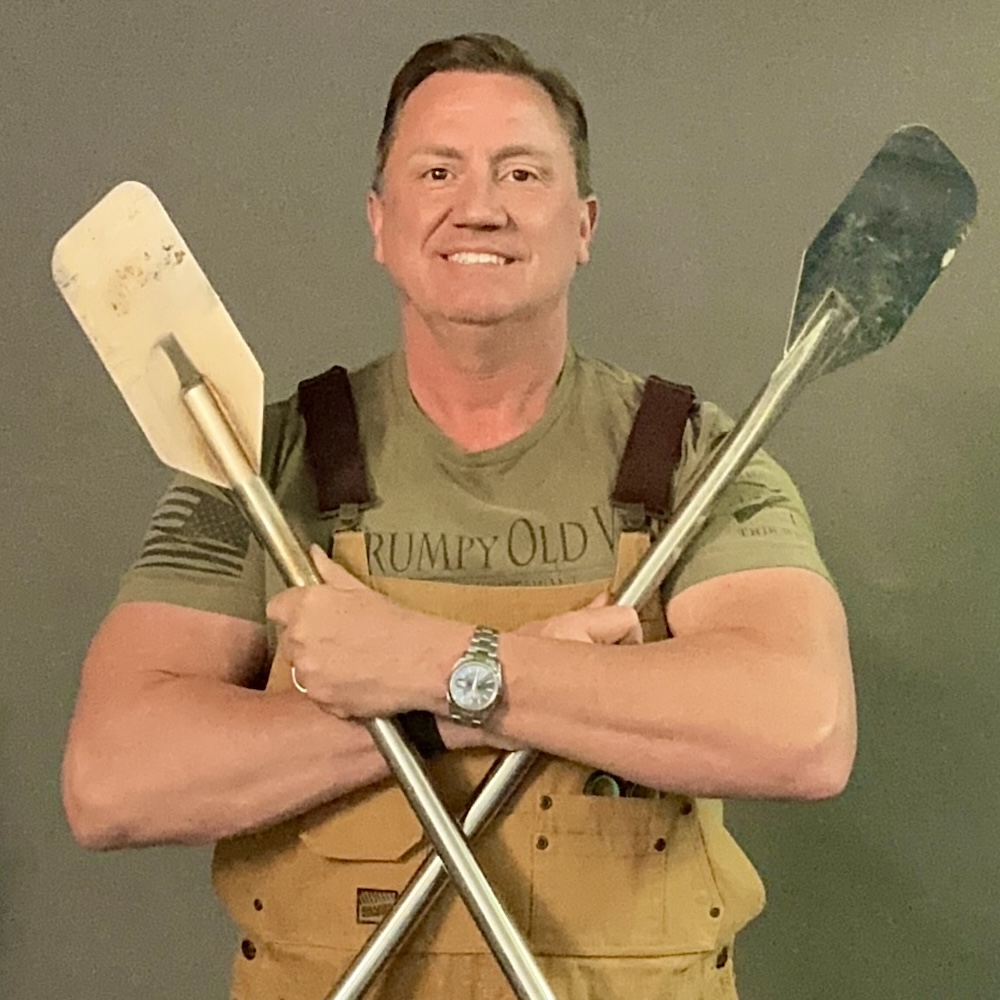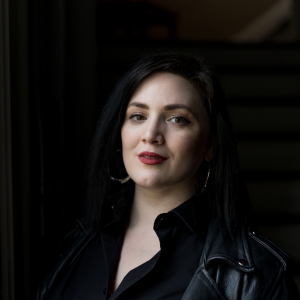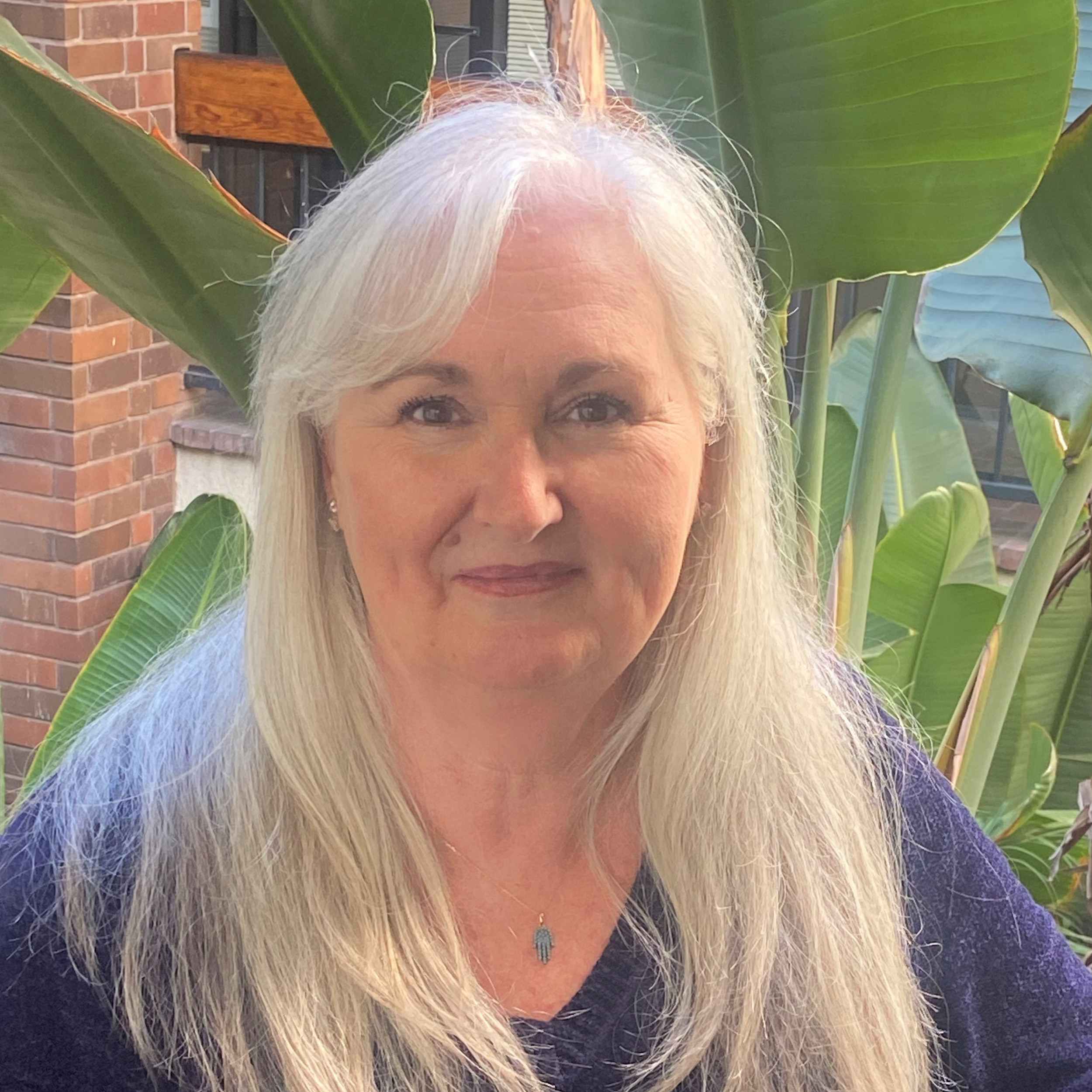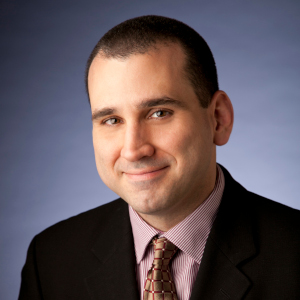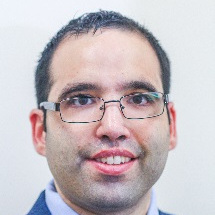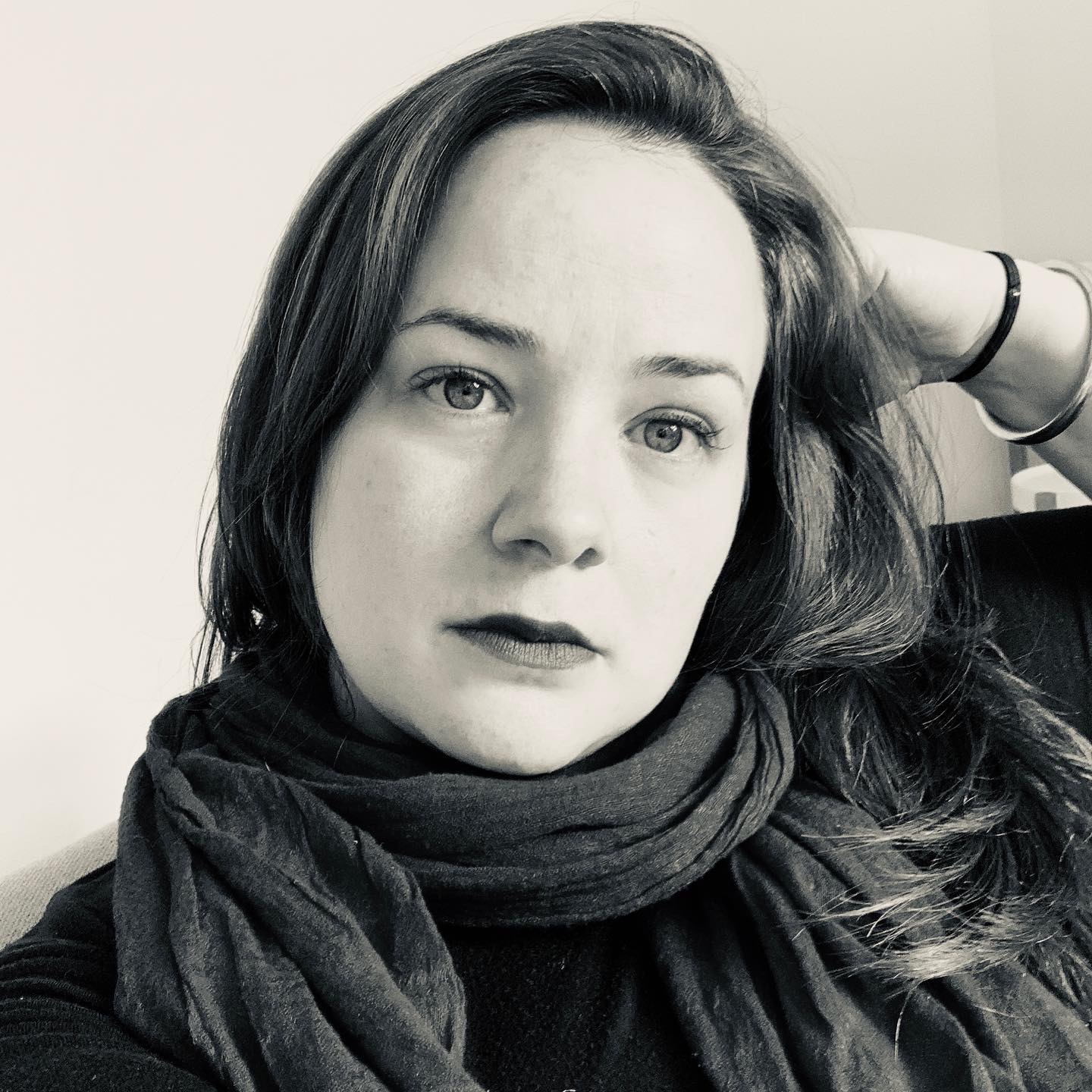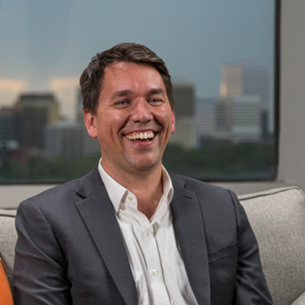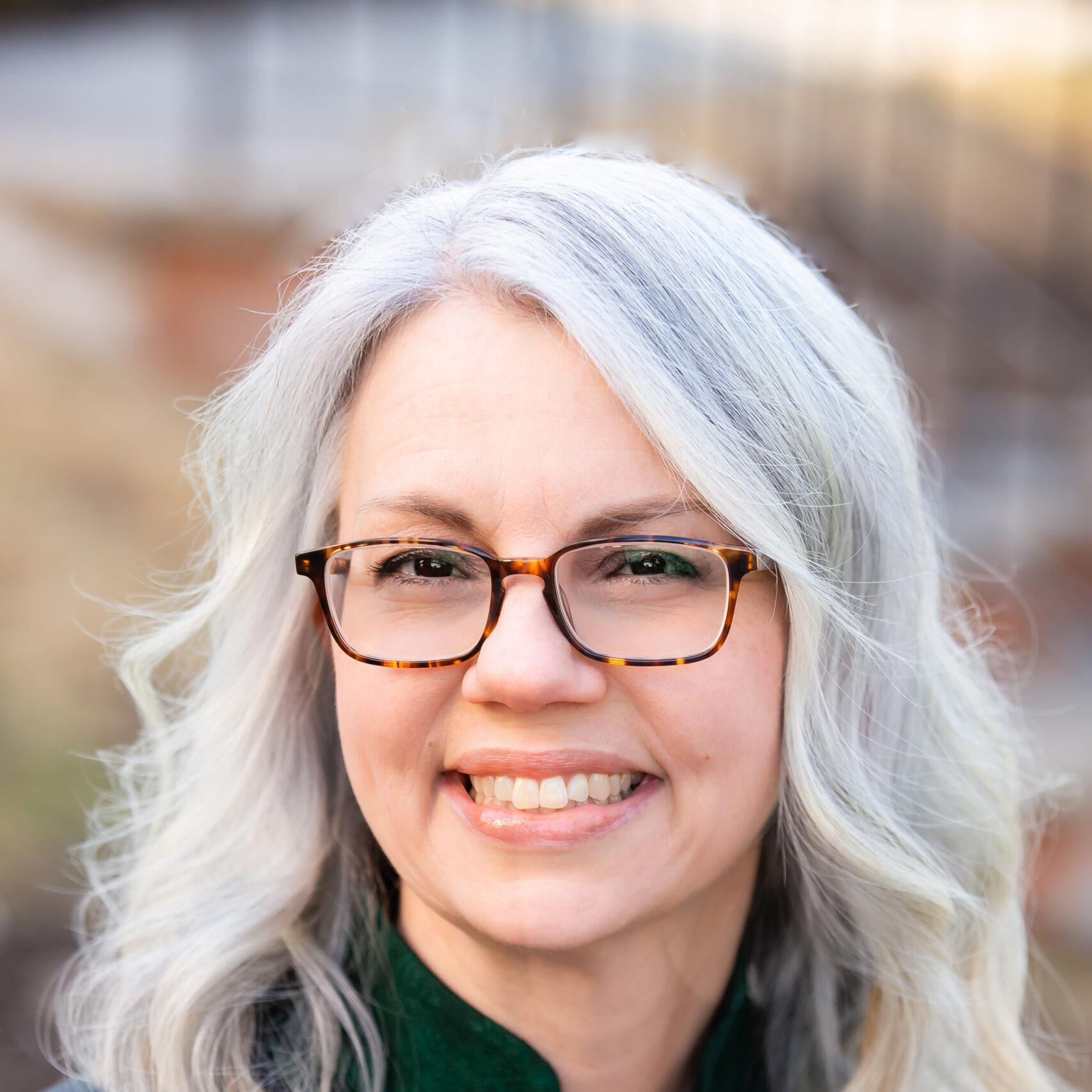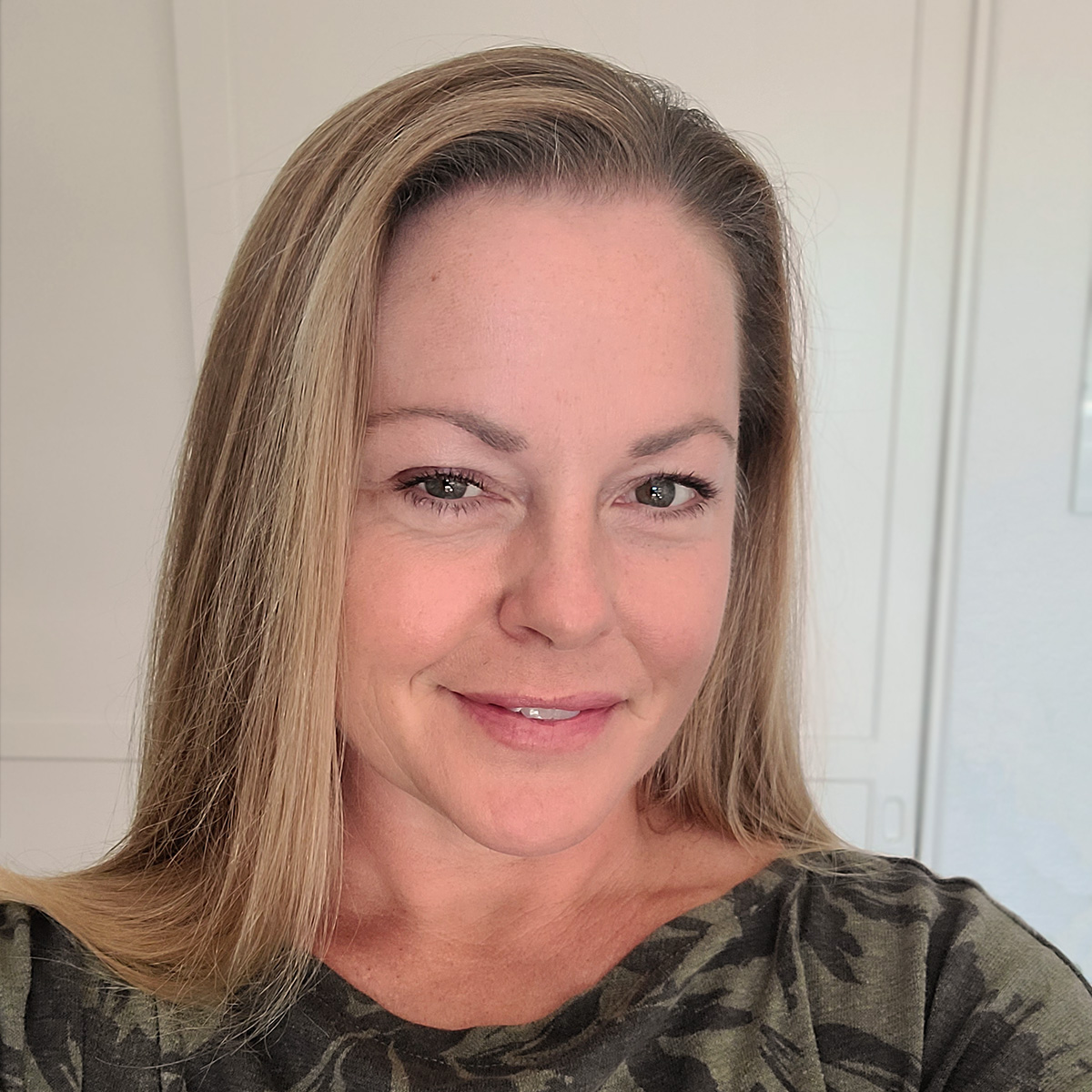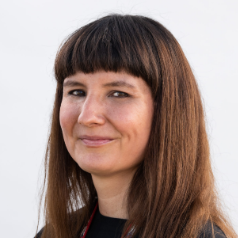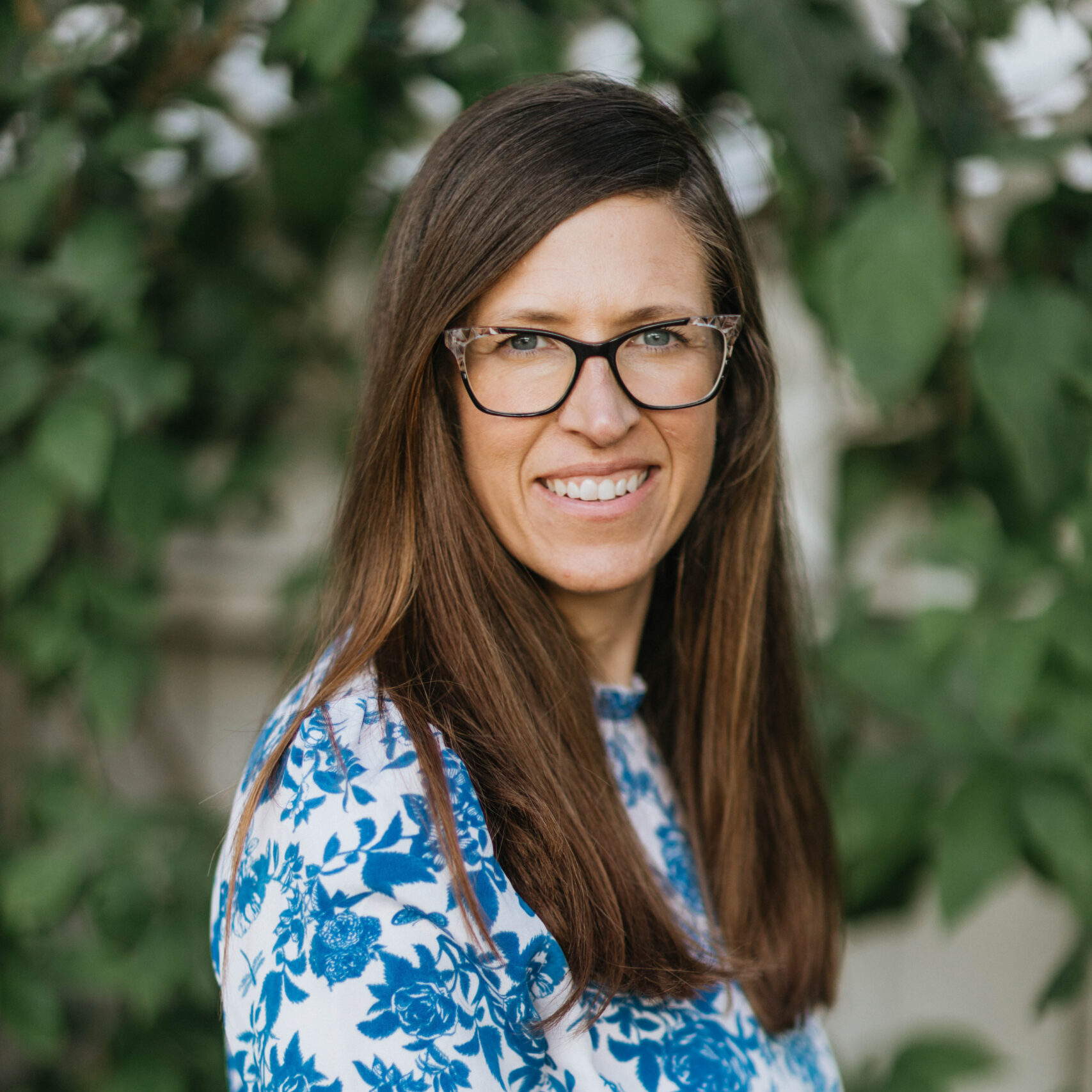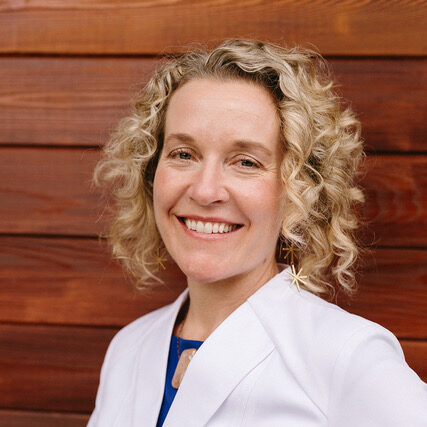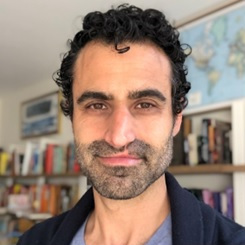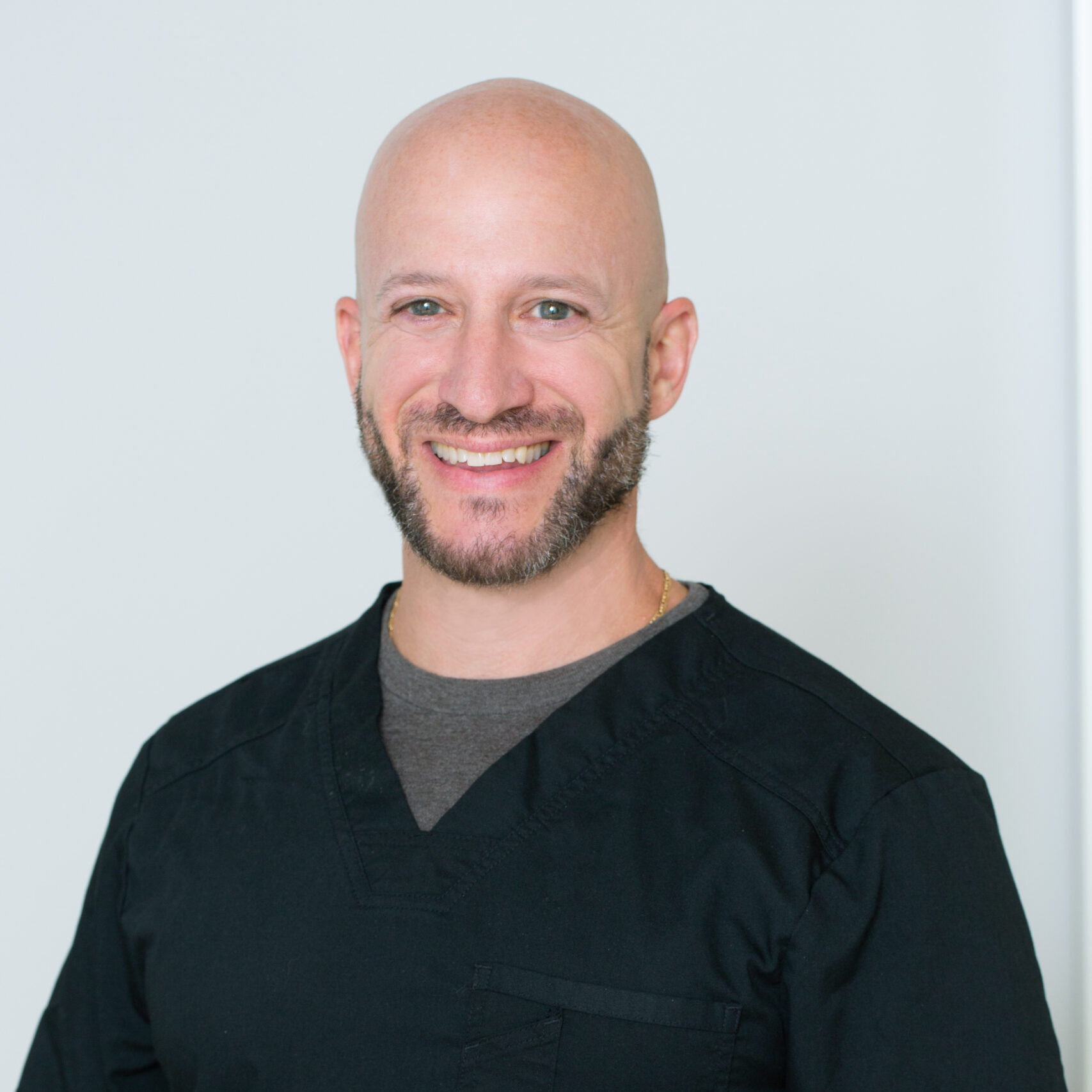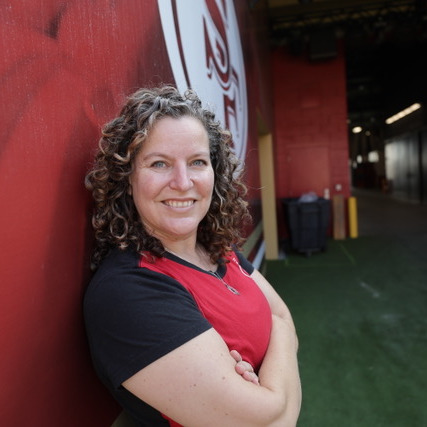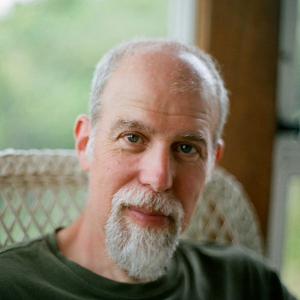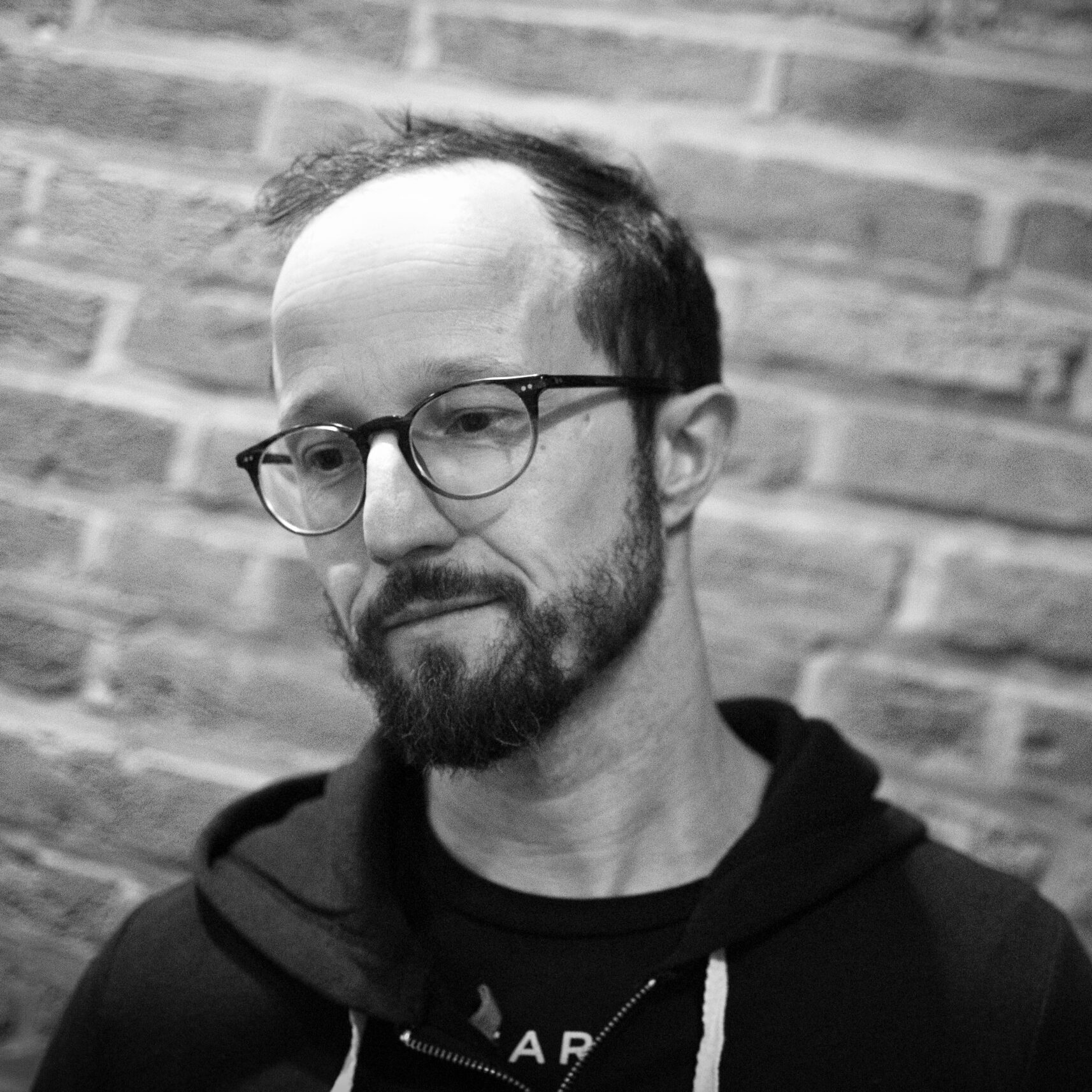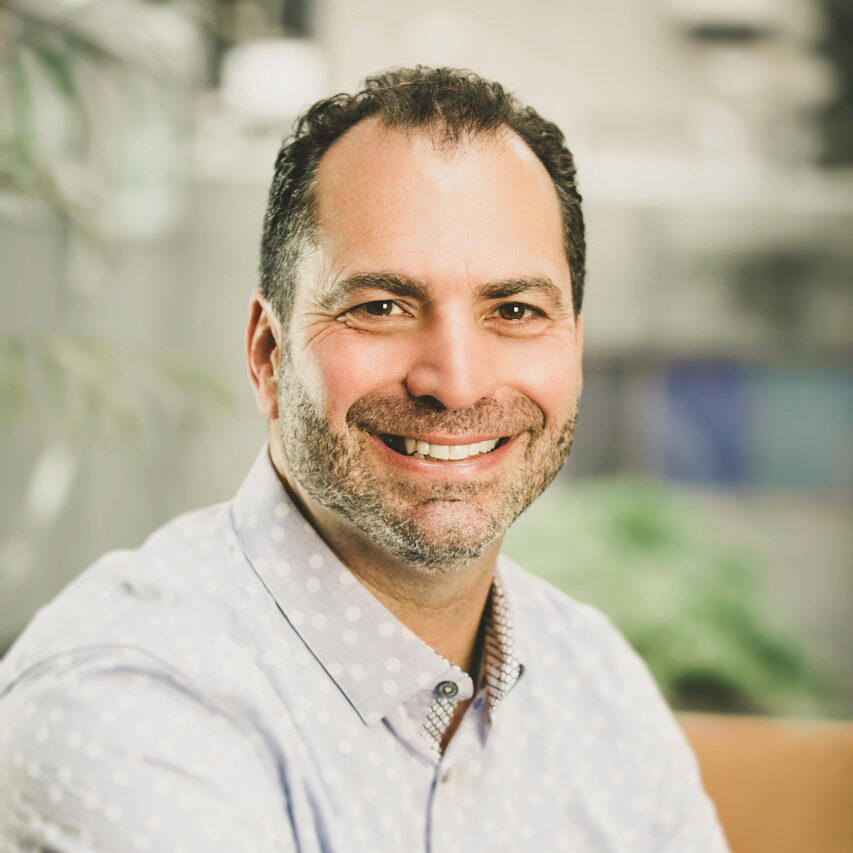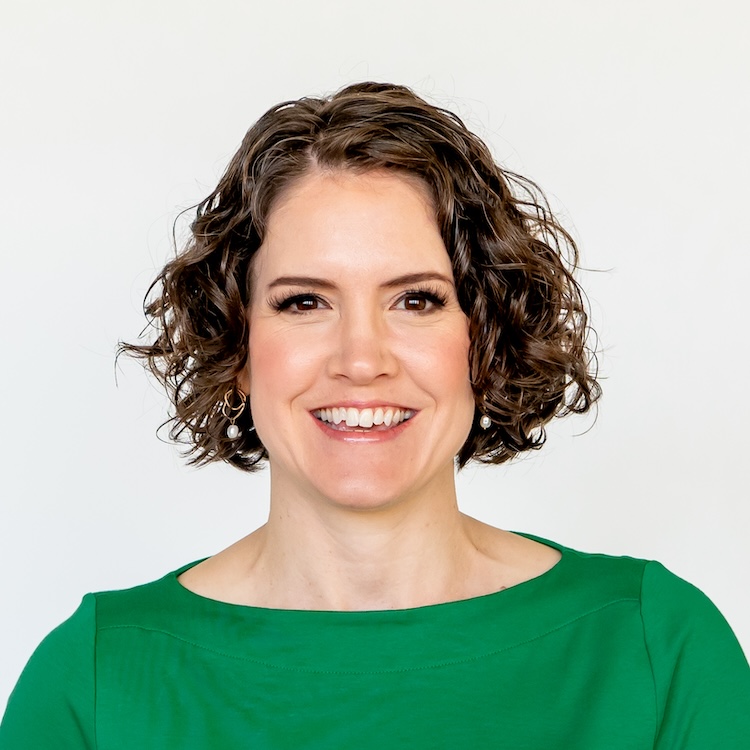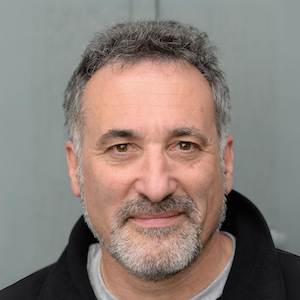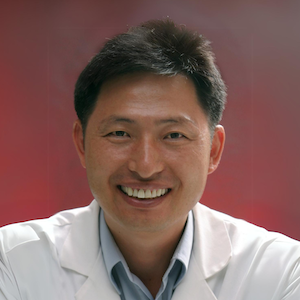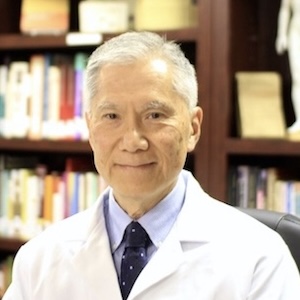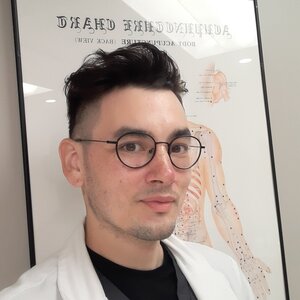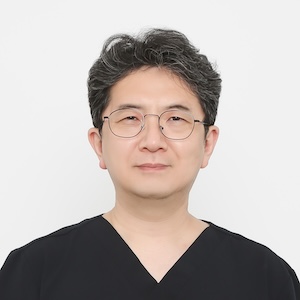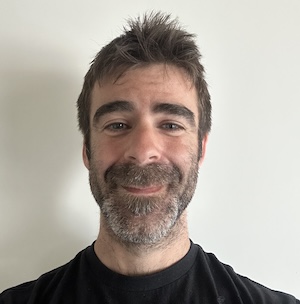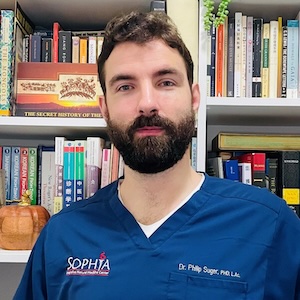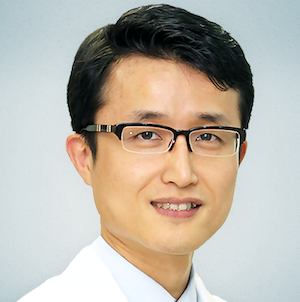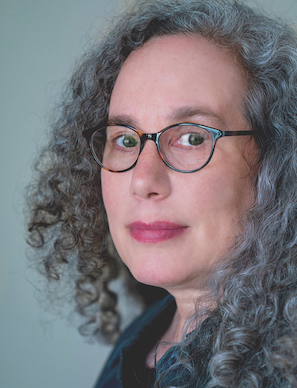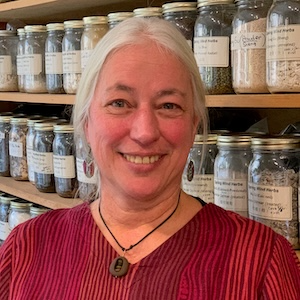I’m reminded of the stillness of cats. How they can sit both still and yet completely and serenely attentive. So too with resonance, there is the yin aspect of stillness with the yang expression of vibrating with the influence of the environment. And in the middle, ren, person, the human heart.
In this discussion with Diane Fabian-Smith we look into empathy, along with the filters and boundaries that allow us to connect without getting lost in the encounter.
Listen into this conversation on resonance, maintaining boundaries in our practice with patients, creating a friendly but firm relationship with our stories and egos. And respectfully engaging the inner terrain of our patients and ourselves in our clinical work.
In This Conversation We Discuss:
- Distinguishing between accurately perceiving our patients feelings and our story about the patient and who we think they might be
- Accepting the ego and giving it its due
- Offering a ground of support without getting pulled into another’s emotional storm
- The importance and necessity of energetic boundaries and filter
- Knowing when psychotherapy is called for
- How important is it to be able to define how acupuncture works?
- What it means to be grounded or still
- We can’t forcibly change someone’s body
- Be very careful with “giving” to your patients
- An appropriate sense of self worth is essential
- Exploring resonance and holding experience lightly
- Watch for when you’re thinking “I want”
By doing the work on ourselves, we become adept guides for others and the community strengthens as a whole. I invite you to become the resource that only you can be.
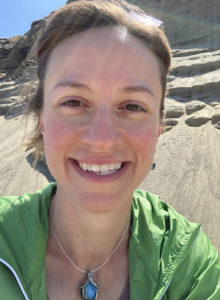
I am currently an acupuncturist in the Pacific Northwest. I have also practiced energy work for over 20 years, giving me an interesting perspective. I follow a mindful way of being and meditate daily to maintain my own stability. This allows me to be an effective practitioner and keeps my boundaries and filters clear in the clinic. I listen to what the patient’s body says and then guide it along its path. It’s a matter of allowing. Sometimes I think we try too hard.
Speaking with colleagues over the years, I’ve come to learn that many providers have experiences in the treatment room that affect them afterward, like feeling drained. It can be challenging as a compassionate person, especially with empathetic tendencies, to maintain healthy alignment. I find that there is a need to speak of these things. Let’s start the dialogue.

